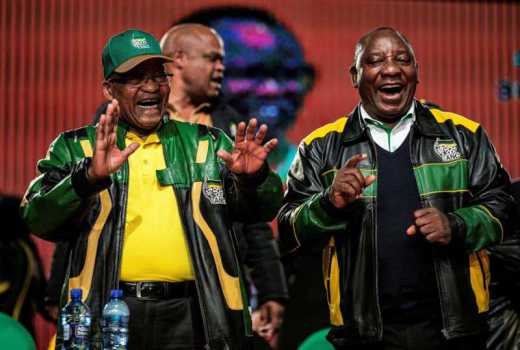×
The Standard e-Paper
Kenya’s Boldest Voice

Cyril Ramaphosa was declared President of South Africa on Thursday, an act that finally brought a life of ambition, drive and, to some, a hardheartedness, to a conclusion long sought by the billionaire politician and now leader of one of the continent’s largest economies.